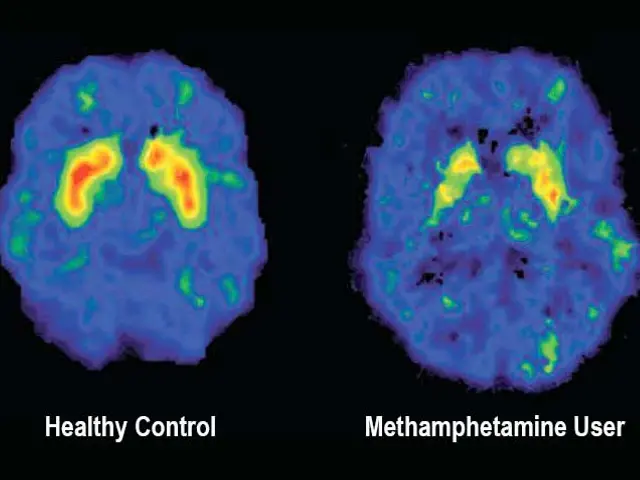Predicting Immunotherapy Success: New Methods for Determining Treatment Responses
Fighting Cancer with Immunotherapy: A New Frontier in Cancer Treatment
In the ongoing battle against cancer, scientists are steadily developing novel treatment options. One such contender is immunotherapy, a groundbreaking approach that harnesses the power of our immune system. While it offers promise, it doesn't work for everyone or every type of cancer. Researchers from Johns Hopkins University are working to change that by identifying a specific set of tumor mutations that can indicate a tumor's receptiveness to immunotherapy.
Your everyday immune system is designed to protect the body from foreign invaders. However, cancer cells often have mutations that enable them to evade this defense system. Immunotherapy gives our immune system a boost, making it easier for it to seek out and destroy the cancer cells.
Immunotherapy is currently a treatment option for various cancers, including breast cancer, melanoma, leukemia, and non-small cell lung cancer. Researchers are exploring its potential for other types of cancer, such as prostate cancer, brain cancer, and ovarian cancer.
In their latest study, Johns Hopkins researchers focused on a concept known as tumor mutation burden (TMB). They found a specific subset of mutations within the overall TMB that persistently remain in cancer cells and minimize the likelihood of disappearing as cancer evolves. This makes the cancer tumor more visible to the immune system, enhancing the tumor's response to immunotherapy.
Dr. Valsamo Anagnostou, a senior author of the study and an associate professor of oncology at Johns Hopkins, explained, "Persistent mutations allow the cancer tumor to remain visible to the body's immune system, enabling a better response to immunotherapy."
Through this study, the researchers believe they have found a tool that can assist doctors in more accurately selecting patients for immunotherapy and predicting treatment outcomes with a greater degree of accuracy.
Their findings were recently published in the journal Nature Medicine.
Immunotherapy: A Closer Look
Immunotherapy harnesses the power of the immune system to fight cancer. Usually, cancer cells develop mutations that enable them to escape detection by the immune system. Immunotherapy provides a much-needed boost, enabling the immune system to locate and destroy cancer cells more effectively.
There are several types of immunotherapy, including tumor vaccines, checkpoint inhibitors, and CAR-T cell therapy. Each type operates in a slightly different manner but is designed to enhance the immune system's ability to tackle cancer cells.
The Future of Cancer Treatment
Research like that conducted by Dr. Anagnostou and her team could shape the future of cancer treatment by improving the selection process for immunotherapy. By identifying cancer tumors with persistent mutations, doctors can select patients who are more likely to respond positively to immunotherapy. This could lead to better patient outcomes and a more focused approach to cancer treatment.
In the not-too-distant future, high-throughput, next-generation sequencing techniques may be used to study cancer patients' mutational spectrum, helping clinicians categorize patients by their likelihood of responding to immunotherapy. As our understanding of cancer genetics grows, these predictive factors could become even more precise, potentially revolutionizing the way we treat and battle cancer.
- In the ongoing fight against cancer, researchers are striving to make immunotherapy more effective for a wider range of patients and cancer types.
- One such approach is focusing on a concept called tumor mutation burden (TMB), where a specific set of persistent mutations makes the cancer tumor more visible to the immune system, enhancing its response to immunotherapy.
- Immunotherapy is not only promising for cancers like breast cancer, melanoma, leukemia, and non-small cell lung cancer, but also for potential applications in other conditions such as prostate, brain, and ovarian cancer.
- By accurately selecting patients with persistent mutations, doctors can increase the likelihood of positive treatment responses to immunotherapy, thereby improving patient outcomes.
- Science and medical-conditions like cancer are evolving, and the future of health-and-wellness therapies and treatments may rely heavily on tools that can accurately categorize patients based on the likelihood of responding to immunotherapy.
- With advancements in high-throughput, next-generation sequencing techniques, a more informed and focused approach to cancer treatment, utilizing immunotherapies and other innovative therapies, may become the norm in the not-too-distant future.







